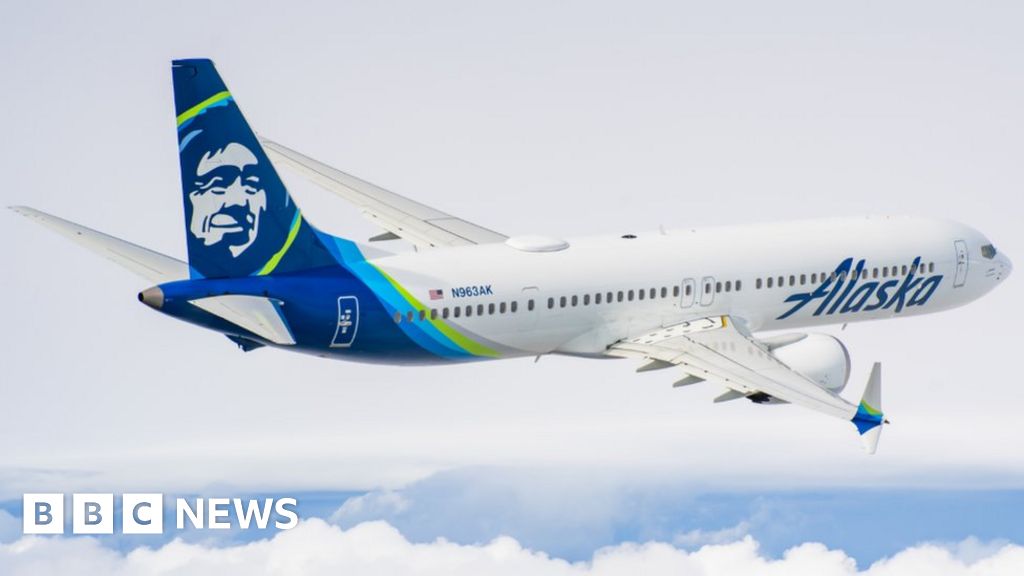“It’s as if I’m watching a troubled child” is how Captain Dennis Tajer describes flying a Boeing 737 Max.
“The culture at Boeing has been toxic to trust for over a decade now,” (Adam Dickson, a former senior manager at Boeing) says.
Five years ago Boeing faced one of the biggest scandals in its history, after two brand new 737 Max planes were lost in almost identical accidents that cost 346 lives.
The cause was flawed flight control software, details of which it was accused of deliberately concealing from regulators.
Meanwhile, further evidence of how production problems could endanger safety emerged this week.
The FAA warned that improperly installed wiring bundles on 737 Max planes could become damaged, leading to controls on the wings deploying unexpectedly, and making the aircraft start to roll.
If not addressed, it said, this “could result in loss of control of the airplane”. Hundreds of planes already in service will have to be checked as a result.



Be careful what you wish for. Some of the most likely contenders are Lockheed, Raytheon, and a few other military contractors that haven’t broken into the civilian market yet.
Not really. The most likely contenders I could see now are Embraer and Comac (Chinese aircraft manufacturer). A few years ago Bombardier could have been a very likely contender, but not today.
I could see Lockheed and Raytheon entering the civilian market only if the demand on the military side starts drying up, which in this climate I find doubtful.
I remember reading the Chinese had stagnated investment into Comac because it was more cost effective for their airlines to buy Boeing planes instead. But after the two 737-MAX crash, the Chinese was restarting investment and R&D for a Boeing replacement, however because they were far behind due to lack of investments, they wouldn’t have anything ready until 2026 the earliest. So I doubt they will be able to compete anytime soon.
I look forward to seeing it play out. More competition is always better than less competition.